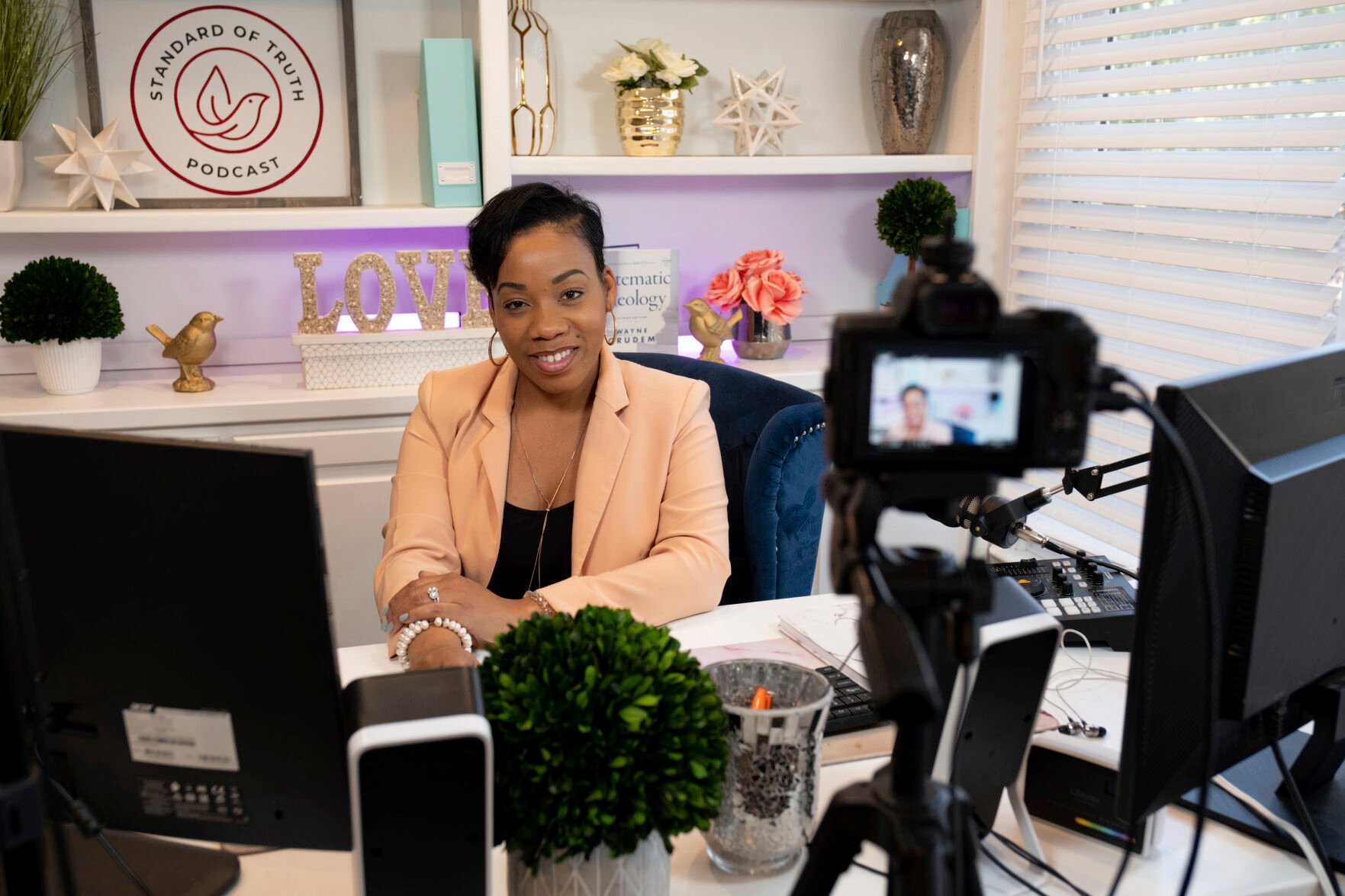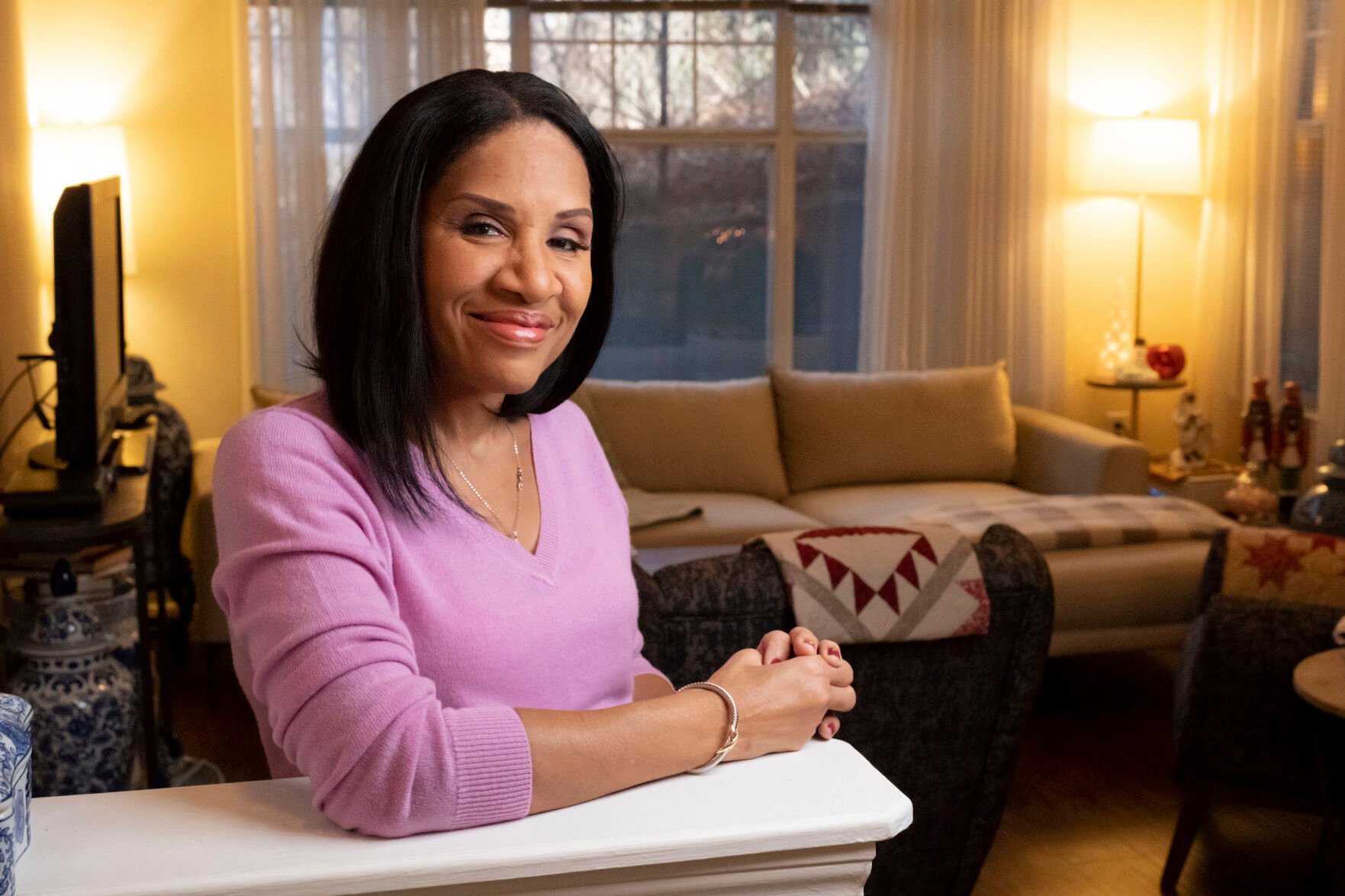Black support for GOP ticked up in 2022 midterms
WASHINGTON — Black voters have been a steady foundation for Democratic candidates for decades, but that support appeared to show a few cracks in the 2022 elections.
Republican candidates were backed by 14% of Black voters, compared with 8% in the midterm elections four years ago, according to AP VoteCast, an extensive national survey of the electorate.
In Georgia, Republican Gov. Brian Kemp more than doubled his support among Black voters to 12% in 2022 compared with 5% four years ago, according to VoteCast. He defeated Democrat Stacey Abrams both times.
If that boost can be sustained, Democrats could face headwinds in 2024 in Georgia, Wisconsin, Michigan and Pennsylvania, where presidential and Senate races typically are decided by narrow margins and turning out Black voters is a big part of Democrats’ political strategy.
It’s too early to tell whether the 2022 survey data reflects the beginnings of a longer-term drift or whether the modest Republican gains from an overwhelmingly Democratic group will hold during a presidential year. Former President Donald Trump received support from just 8% of Black voters in 2020, according to VoteCast.
The survey also found that Republican candidates in some key states improved their share of Latino voters, so any sustained growth in the share of Black voters would be critical.
A variety of factors might play into the findings, including voter turnout and candidate outreach. Yet some Black voters suggest they will be sticking with Republicans because they said the party’s priorities resonate with them more than those of Democrats.
Janet Piroleau, who lives in suburban Atlanta, left the Democratic Party in 2016, during Trump’s first run for office, and now votes Republican. She voted for Kemp in his 2022 victory over Abrams.
Piroleau said she felt Democrats were pushing for more reliance on government programs. “That bothered me,” she said.

Ben Gray, Associated Press
April Chapman, a small business owner, poses for a photo Tuesday at her home in Conyers, Ga.
April Chapman, who lives in metro Atlanta, is among the Black voters who favored Republican candidates.
Like Piroleau, Chapman cited issues such as immigration, border security and the economy as important in deciding to become a Republican a decade ago. But the 43-year-old mother said her main break with the party is over education.
She said she felt Democrats were trying to control what her children should be exposed to and how they should be educated.
“For our family, the government educational system was not the best option,” Chapman said.
Camilla Moore, chair of the Georgia Black Republican Council, said a large percentage of the voters Kemp won in the Black community “were actually Black Democrats.” Those voters made decisions based on Kemp’s performance in addressing issues they care about, Moore said.
Her group also suggested the Kemp campaign advertise on Black radio and “expend a little more effort in some areas that were a little uncomfortable.”
The results in Georgia, Moore said, could be replicated elsewhere. “It’s not going to work for everybody,” she said. “It does work for those Republicans who have demonstrated that they truly are a senator for all or a governor for all.”
The VoteCast findings underscore a dynamic that Black activists and community leaders have long sought to convey: that Black voters are not a monolith and the Democratic Party should not take them for granted.

Darron Cummings, Associated Press
Pastor James Jackson of Fervent Prayer Church stands outside the church Dec. 23 in Indianapolis.
For James W. Jackson, pastor at Fervent Prayer Church in Indianapolis, the choice was to switch to the Republican Party after he decided its values better aligned with his.
Nationally, Republicans worked during the midterms cycle to try to shift a share of Black voters to their side. The GOP conducted business roundtables, prayer gatherings, food drives and school choice events to hear the kinds of priorities in Black communities that might influence their voting, said Janiyah Thomas, a communications strategist and former Black media affairs manager at the Republican National Committee.
Thomas, who recently voted Republican, added that her disagreement with the Black Lives Matter movement encouraged her switch.
Gloria J. Browne-Marshall, a professor at the John Jay College of Criminal Justice in New York and the author of a book on the voting rights movement, said Black voters need to hear from Democrats about why their vote is important and what the party will do for them.
She said the message is particularly important for younger voters, who “went out in the street and risked their lives for police reform” after the killing of George Floyd in 2020. They also want voting rights protected but got neither at the federal level during President Joe Biden’s first two years in office.
“Instead, we get Juneteenth, and I don’t remember who asked for Juneteenth,” she said, referring to the new federal holiday that commemorates the end of slavery in America.
Derrick Johnson, NAACP president and CEO, noted that African Americans are a diverse voting group with varying concerns and priorities.
“That’s what democracy should be — an opportunity to have choices among candidates,” he said. “But that is not to suggest the national (Republican) party platform is more reflective of the needs and interests of African Americans as a whole.”

